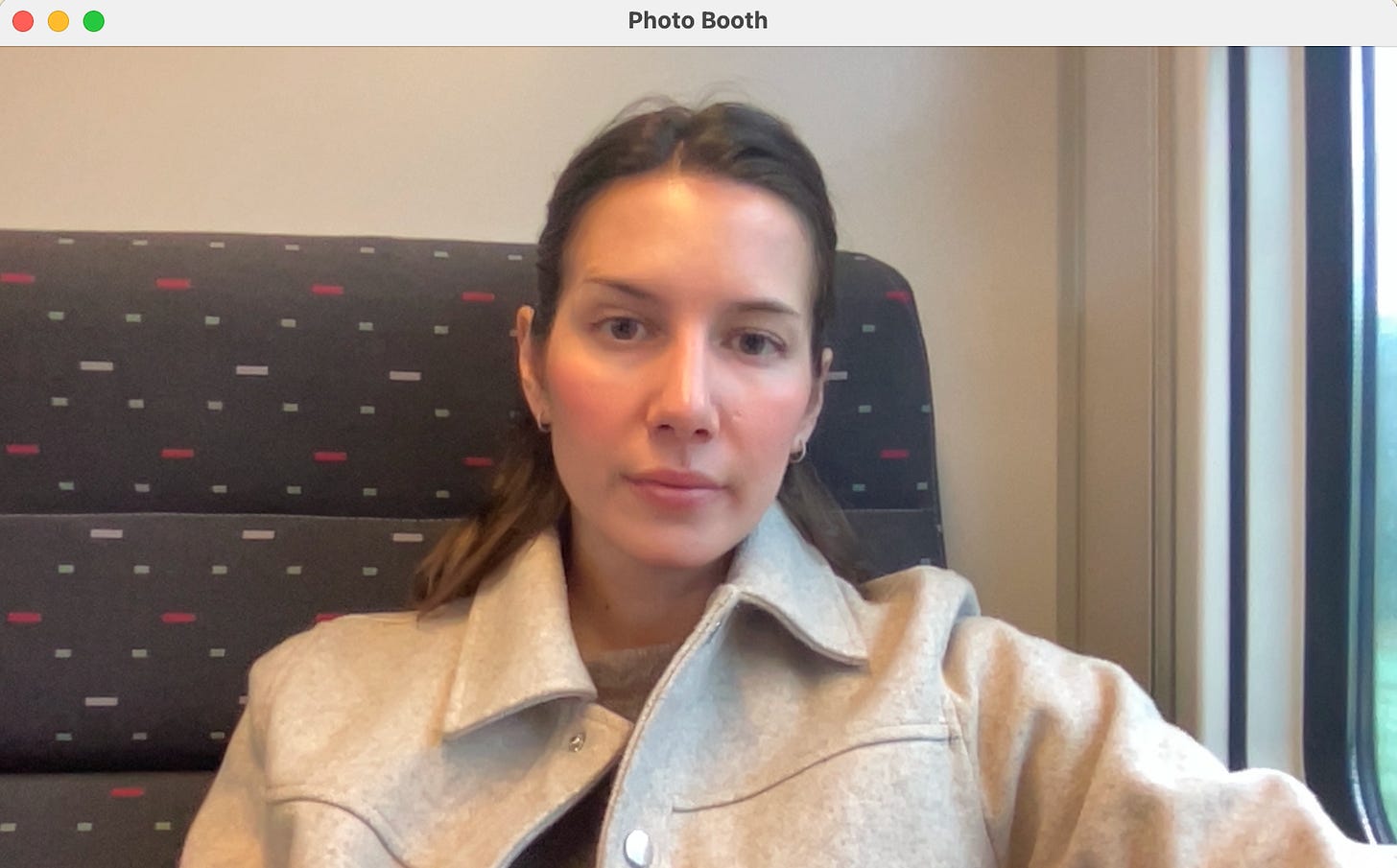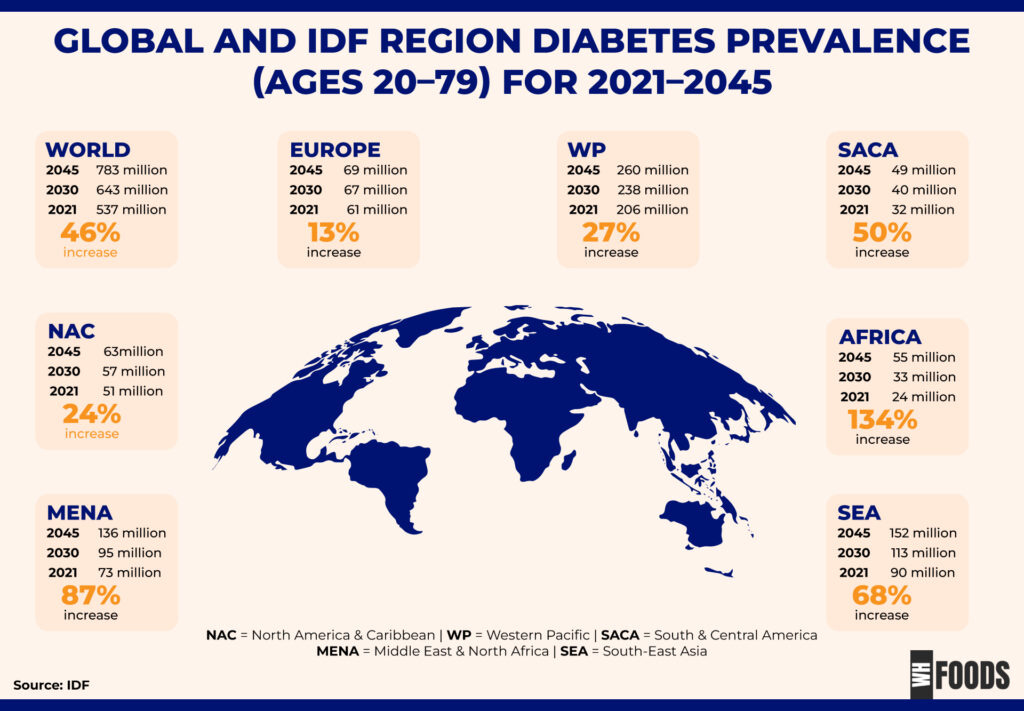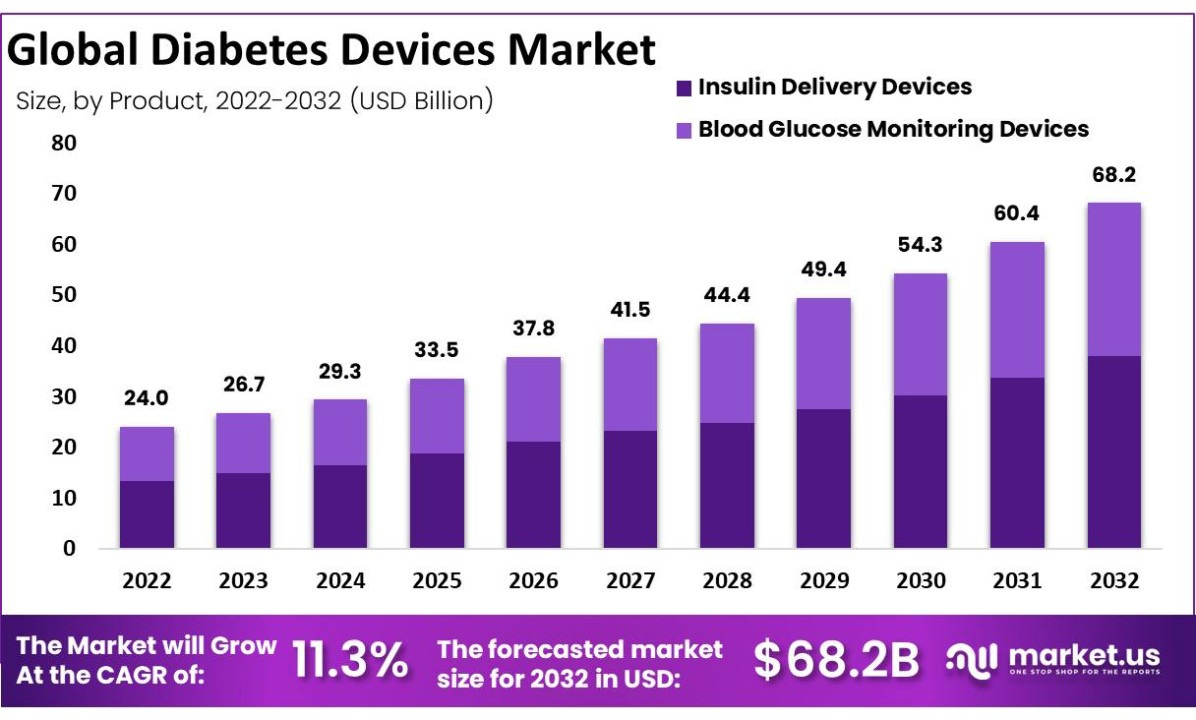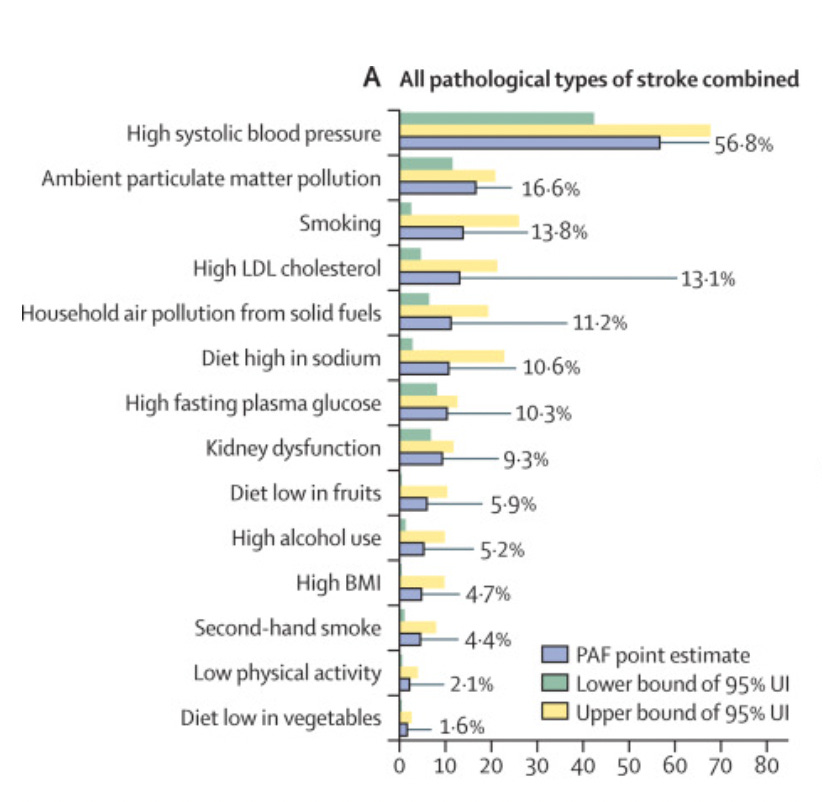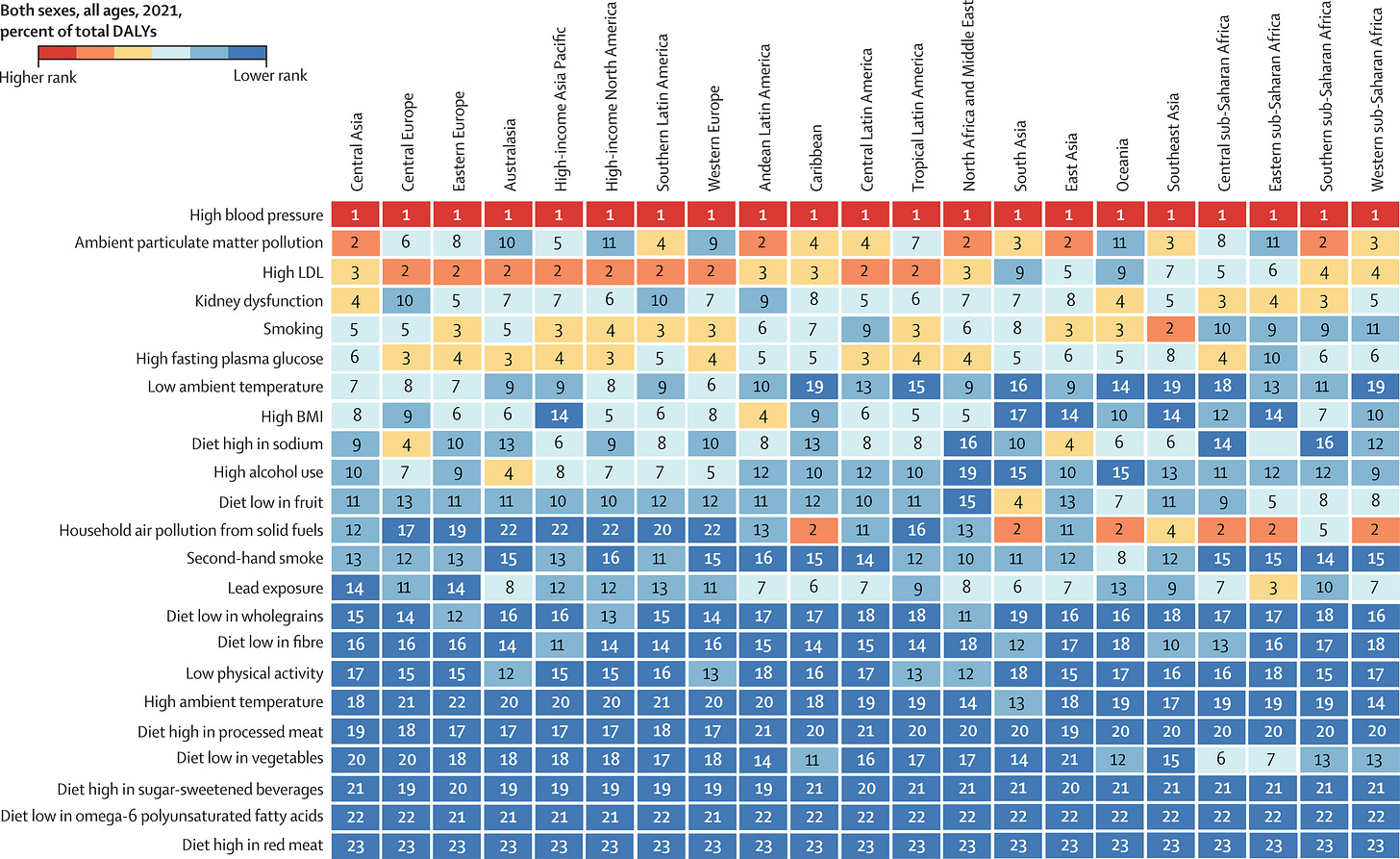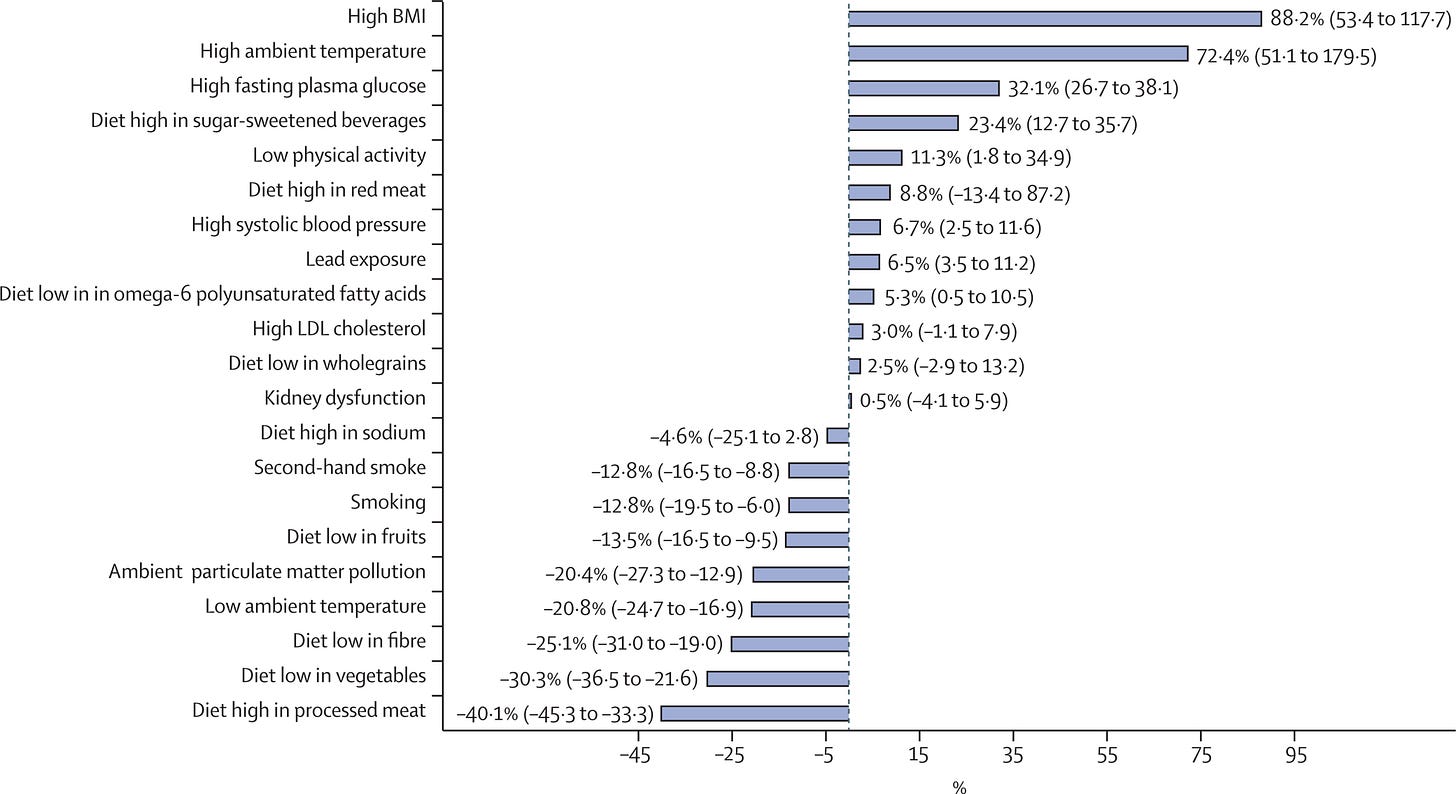Good morning everyone. Hope you all find the time to enjoy the soothing colours of autumn on this news-worthy day. I know everyone is talking and writing about the election right now, but I still wanted to get this newsletter out. Consider this read a self-care break from the election news.
Yesterday I spent all day at a tech conference in Ghent with a badge that said ‘investor’ ( - I’m not an investor, it was just the only way for me to get in). And while it was fun to play one for the day, I made a different career move last week: I’ve officially started a PhD. For the next 4 years, I’ll be advancing doctoral research in the protection of human wellbeing and (age) inclusivity in a world that is technologically moving at breakneck speed. Nothing changes for Friends Of Time readers, except that this newsletter is now written by a PhD researcher. Talk about getting bang for your buck.
Today’s newsletter includes:
How climate change is changing our health.
How to nap correctly, according to scientists.
My favourite longevity products from the Time’s Best Inventions Of 2024 list. (below paywall)
How to exercise on the weekends only. (below paywall)
Why billionaires can stop worrying about living forever now. (below paywall)
News
Apple has been secretly building a non-prick glucose monitor. Apparently they have been working on the laser-powered device, code-named E5, for more than a decade. Unfortunately they’re having issues with it overheating and making it small enough to fit a smartwatch. They’ve also been testing a blood-sugar app that can recommend or discourage certain foods for those who are pre-diabetic, based on food logs and self-measured glucose levels. For now however, they haven’t publicly announced any plans to launch it. I like how they are betting hard on the health space, including turning AirPods into hearing aids.
The expected increase in diabetes prevalence worldwide is hallucinatory, especially outside of Europe. I’d be curious - but not surprised - to see a side-by-side comparison chart of the rise of diabetes and the rise of ultra-processed-foods. Apparently adding 10% of ultra-processed foods to your diet links to a 15% higher chance of developing type 2 diabetes.
Of course it wouldn’t be capitalism unless someone was profiting. If Apple is able to pull this off, they’ll have another iPod moment on their hands.
New research shows stroke victims are surviving more - but they’re also getting younger. As I was digging through the original data of the Lancet study, I had to take a break from writing because it hit a little hard. For the most significant stroke risk factor - high blood pressure - 93% of respondents under the age of 44 were not even aware they had it. Environmental pollution has become the second biggest risk factor for stroke worldwide. With for some regions, ambient pollution posing an even greater risk than smoking. High cholesterol seems to particularly plague the West.
For Central Europe specifically, an alarming insight is that ‘diet high in sodium’ ranks 4th out of 23 factors contributing to stroke DALY (DALY is the sum of the number of years of life lost). The only other region where high sodium ranks this high is East Asia, as for all other regions it ranks between 6th and 16th. Western Europe scores worse on high glucose levels and smoking.
The researchers also looked into population attributable fractions, or PAF, which is the estimated fraction of all cases that would not have occurred if there had been no exposure. The 2nd ranking PAF really surprised me: high ambient temperature. The authors of the study mention climate change and global warming as a possible cause for it being such a strong newcomer on the list. But, they also define high ambient temperature as any temperature that is above the TMREL (theoretical minimum risk exposure level), regardless of it being indoors or outdoors. Doctors recommend the ambient temperature in your home to be between 18 and 21 degrees Celsius. Anything below 18 and above 24 carries an increased risk for stroke.
Although it seems like the amount of risk factors is dizzying, it’s actually quite simple to cover your bases. From largest impact downwards: check your diet, monitor room temperatures, avoid sugar-sweetened beverages, keep exercising.
We need to keep walking in nature, even in winter. The benefits are truly astounding, like a 28% reduction in stress hormones and a 20% increase in attention span. The world could clearly use it.
Scientists discover how diets have been changing immune systems. For some reason I thought we were much further in nutritional research than this? But apparently it’s only been claimed so far, and now increased attention and new funding is allowing scientists to actually prove - or disprove - those claims. The US Department of Health and Human Services held its first ever “Food is Medicine” summit in Washington DC this year, discussing and exploring the link between diets and chronic diseases. I really wonder how (and hope that) this research will impact Big Food and Big Pharma in the future.
Time launched their “Best Inventions Of 2024” list. My favourites:



